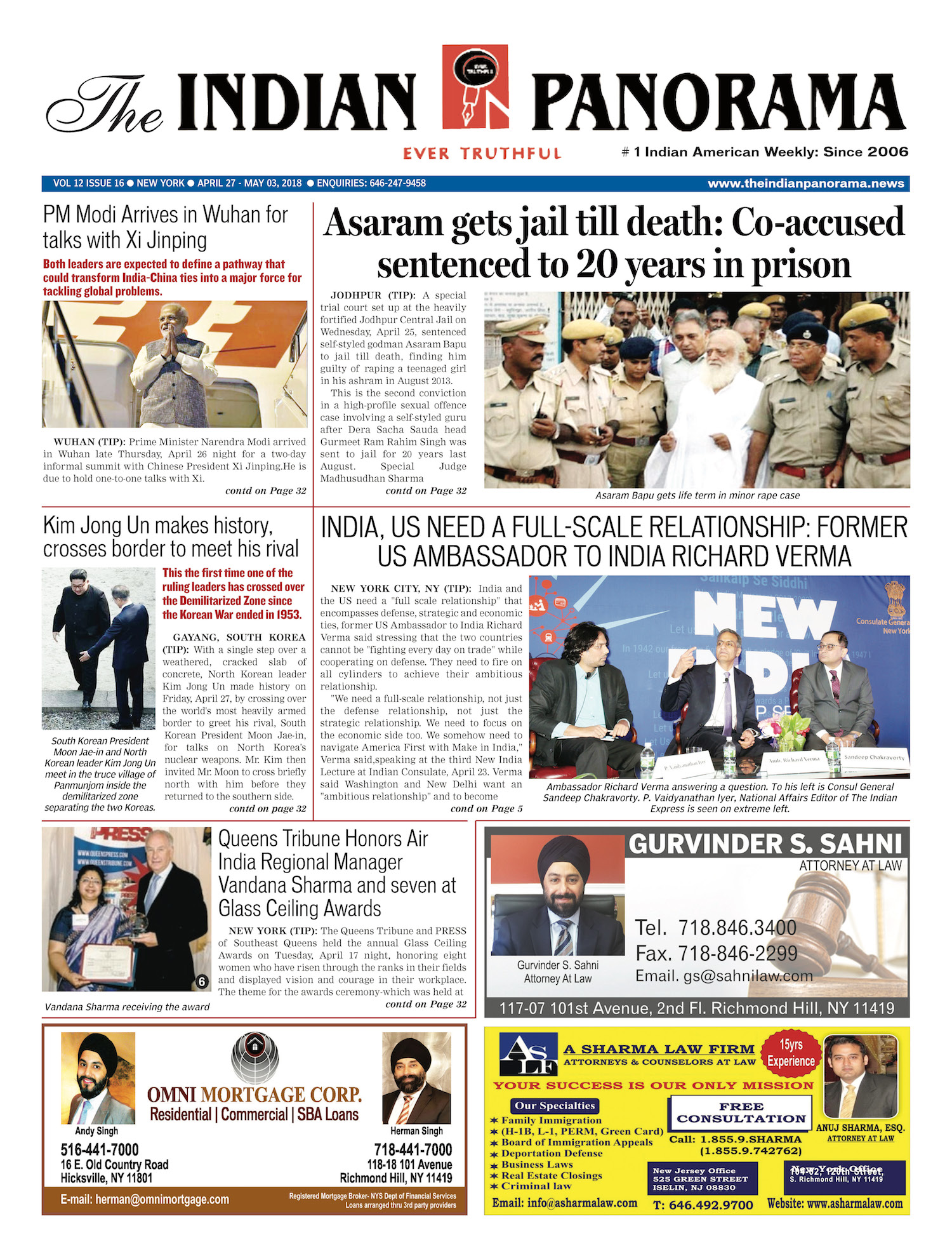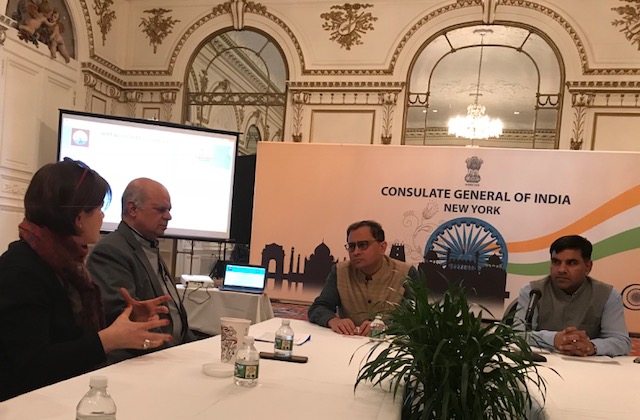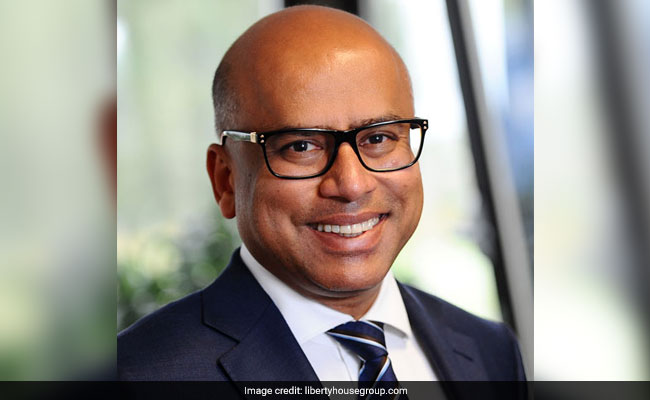
SAN DIEGO, CA (TIP): Deepti Chatti, an Indian American engineer turned ethnographer whose work bridges environmental science and social inquiry, casts a new lens on development and empowerment with her long-term ethnographic research in India. Chatti, an assistant professor at the University of California San Diego, trained first in environmental engineering and science, according to a university release.
She began her career working as an engineer and applying her technical skills to environmental problems— until she began encountering questions that equations and models couldn’t fully answer.
“I found that every environmental question I was interested in was always a social question too,” Chatti said. “But my technical training had not taught me how to frame social research questions, or collect and analyze social data in any in-depth way.”
So, Chatti pivoted. She earned a doctorate in environmental studies and a certificate in women’s, gender, and sexuality studies. Today, she combines insights from both engineering and social science to question conventions in sustainable development policy and practice, and challenge assumptions across disciplines.
In her talk at the Global Development Discussion Series on Nov. 13, Chatti will share research from her in-progress book manuscript based on long term ethnographic research in India. Her talk will focus on how empowerment is subjectively experienced by the intended beneficiaries of sustainable development projects to expand clean cooking energy access.
Chatti analyzed the impact of a government program to expand cooking gas access to low-income homes in India.
Policy makers and researchers hope that using gas stoves instead of traditional mud stoves would improve their health, and help empower women by freeing them from the time-consuming and laborious effort traditional stoves require.
Existing research has shown mixed results when it comes to health benefits and time savings when gas stoves are adopted. But Chatti’s research focused on something entirely different – how did the women who chose to use gas stoves think about it?
How did they subjectively experience the gas program, and how might that experience be understood through the lens of gender empowerment?
Her talk invites attendees to reconsider how development projects are designed and evaluated — not from the perspective of project architects, but from those whose lives are most affected.
The presentation will be held via Zoom and is free and open to the public. Register for the event to receive the Zoom link.





Be the first to comment